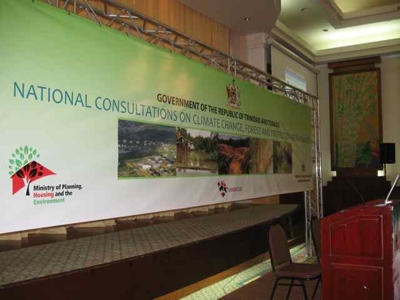Climate, Coral Reefs, and Equity
Coral reefs provide billions of dollars of economic benefits to the world, and some 30 million of the poorest people on the planet are completely dependent on reefs for their livelihood and survival.
But a new report on climate and biodiversity suggests that if we fail to stabilize carbon dioxide levels in the atmosphere at 350 parts per million or less, coral reefs will not survive. If our reefs are lost, some of the world’s poorest, most vulnerable people will be further impoverished.
The Economics of Ecosystems and Biodiversity (“TEEB”) study makes these claims in a climate update released recently on the TEEB website.
The link between how we treat each other and how we treat other forms of life becomes more apparent as our climate warms and our policy makers fail to take action. The poor and disenfranchised—along with our imperiled species and ecosystems—are bearing the brunt of this failure, and the longer we wait the more likely that these consequences will be catastrophic and irreparable.
Trinidad and Tobago Climate Change Consultation

It is simply unjust for wealthy nations to debate climate change while species are lost and poor communities are put at risk. The Wild Equity Institute is currently commenting on climate policies in Trinidad and Tobago and building a Bay Climate Defense initiative to ensure that low income and wild communities are protected from the worst impacts from climate change. Donate today to help us ensure corals and our communities can thrive.
In the meantime, Join Bonnie Raitt, James Hansen, the Center for Biological Diversity, 350.org, and many others by signing this petition to request that the EPA cap carbon emissions at 350ppm.




Leave a Reply
Want to join the discussion?Feel free to contribute!